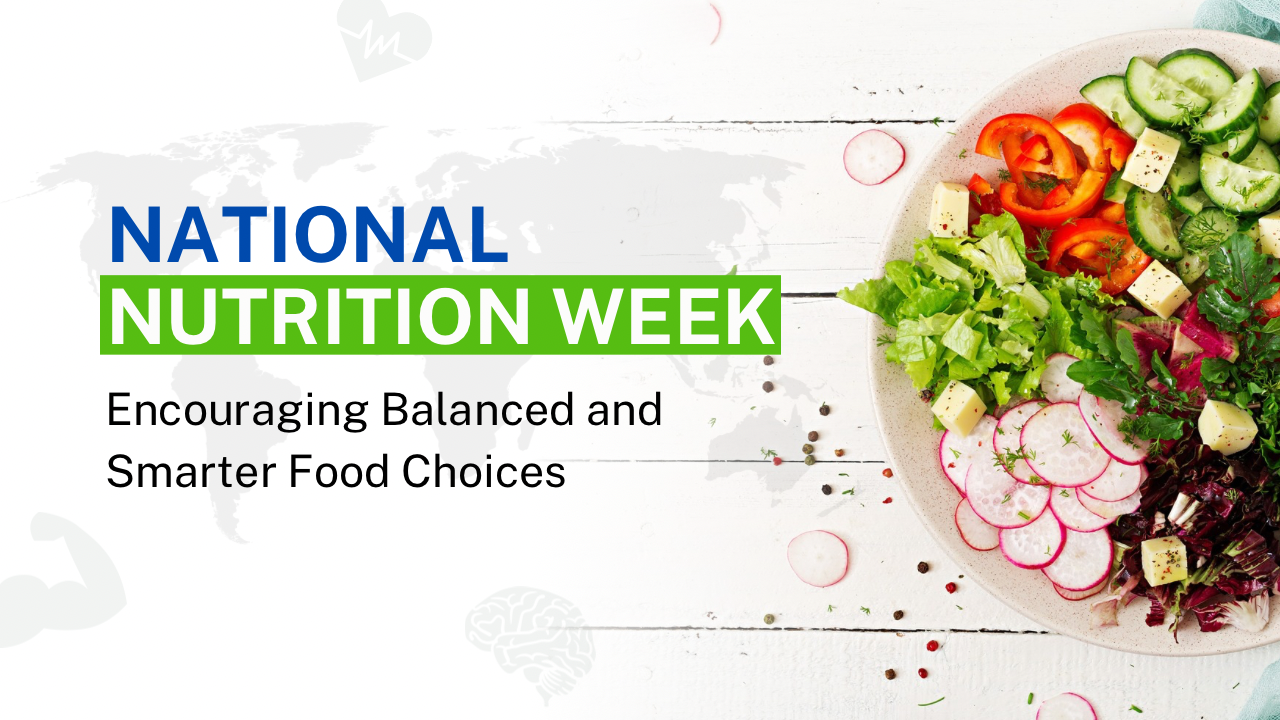National Nutrition Week is celebrated annually in India from September 1st to 7th, an initiative launched in 1982 by the Ministry of Women and Child Development. The campaign aims to raise awareness about the role of balanced diets in preventing malnutrition and promoting long-term health. Over the years, this observance has gained increasing relevance as lifestyle-related conditions such as obesity, diabetes, and cardiovascular diseases continue to rise.
One important perspective in recent nutritional science highlights the benefits of moderating carbohydrate intake, particularly from refined and processed foods. While traditional diets in India often emphasize cereals and grains as staples, excessive reliance on polished rice, refined wheat, and sugary foods has been associated with blood sugar fluctuations and weight-related issues. By reducing refined carbohydrate consumption and replacing it with nutrient-dense options, such as legumes, seeds, nuts, vegetables, and healthy fats, an individual can achieve greater satiety, stable energy levels, and improved metabolic outcomes.
This approach does not recommend eliminating any food group entirely but rather encourages mindful substitutions. For instance, incorporating millets or oats in place of refined flour, or choosing nuts and roasted seeds instead of fried snacks, represents practical adjustments that align with the objectives of National Nutrition Week. Importantly, this method supports sustainable health behavior by encouraging long-term balance rather than short-term restriction.
Furthermore, awareness campaigns during this week emphasize not only disease prevention but also improved growth, immunity, and overall well-being, particularly for vulnerable groups such as children and women. Encouraging individuals to rethink carbohydrate quality and diversify their diets with proteins, healthy fats, and vegetables reflects the core philosophy of the event, creating healthier communities through informed food choices.
Key Takeaways
- Focus on nutrient quality, not just calorie count.
- Replace refined grains with millets.
- Ensure meals include adequate proteins and healthy fats.
- Prioritize fiber-rich vegetables.
- Adopt sustainable, long-term dietary habits instead of extreme restrictions.
~ Anamta Kazi, Clinical Nutritionist
References
National Nutrition Week: Overview. Retrieved from https://www.bajajallianz.com/blog/wellness/national-nutrition-week-overview.html
Harvard T.H. Chan School of Public Health. (n.d.). Low-carbohydrate diets. Retrieved from https://nutritionsource.hsph.harvard.edu/carbohydrates/low-carbohydrate-diets/
Indian Express. (2021, Sept 1). National Nutrition Week: Managing diets through smart choices. Retrieved from https://indianexpress.com/article/lifestyle/health/national-nutrition-week-low-carb-diet-to-manage-diabetes-7486285/
News-Medical. (2025, May 29). Choosing better carbs in low-carb diets boosts health outcomes. Retrieved from https://www.news-medical.net/news/20250529/Choosing-better-carbs-in-low-carb-diets-boosts-health-outcomes.aspx





